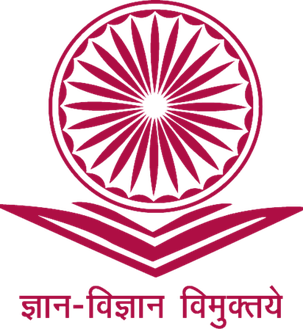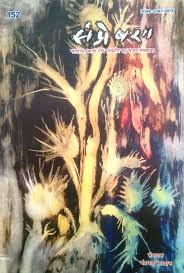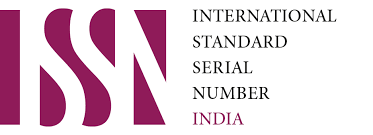ENHANCING THE UNDERSTANDING OF MULTIPLICATION AMONG CLASS V STUDENTS OF PANCHAYAT MIDDLE SCHOOL, PILAIYARPALAYAM, KANCHIPURAM
DOI:
https://doi.org/10.8476/sampreshan.v17i1.251Keywords:
Action research, multiplication, addition, sharing and middle school studentsAbstract
This report examines the impact of action research technique on the teaching and learning process, as well as professional teacher development. This study includes 23 pupils from class V, as well as their professors and a researcher. Teaching multiplication consists of two components. The initial stage is concept learning. The purpose is for students to comprehend the meanings of multiplication. During this phase, students use a multi-sensory approach to focus on behaviors related to multiplication concepts (e.g., "groups of", "equal parts", "building arrays"). Fact methods, the second step, are a vital educational bridge that is sometimes overlooked between concept learning and memorization. There are two objectives in this phase. First, students must grasp that there are clusters of multiplication and division facts that relate in specific ways. Second, students must comprehend these relationships. These courses are mostly intended to aid with the second portion of the procedure. The teacher agreed to cooperate and jointly plan the learning activities, to observe their students systematically, and to reflect on the outcomes in order to use a multi-sensory approach to teaching multiplication in the fifth grade of Panchayat Union Middle School, Pillaiyarpalayam, Kanchipuram. This method of conducting research in their classes allowed them to 'act' successfully in constructing an action plan based on the students' achievement level. This study was conducted between February 18 and April 31, using a variety of methodologies, including classroom observation, conversations, demonstrations, and worksheets. The findings reveal that both girls’ and boys' performance in multiplication improved significantly following the interventions. According to the study, teachers should prioritize idea creation over syllabus completion and devote the necessary time to improving students' conceptualization through a multi-sensory approach.



